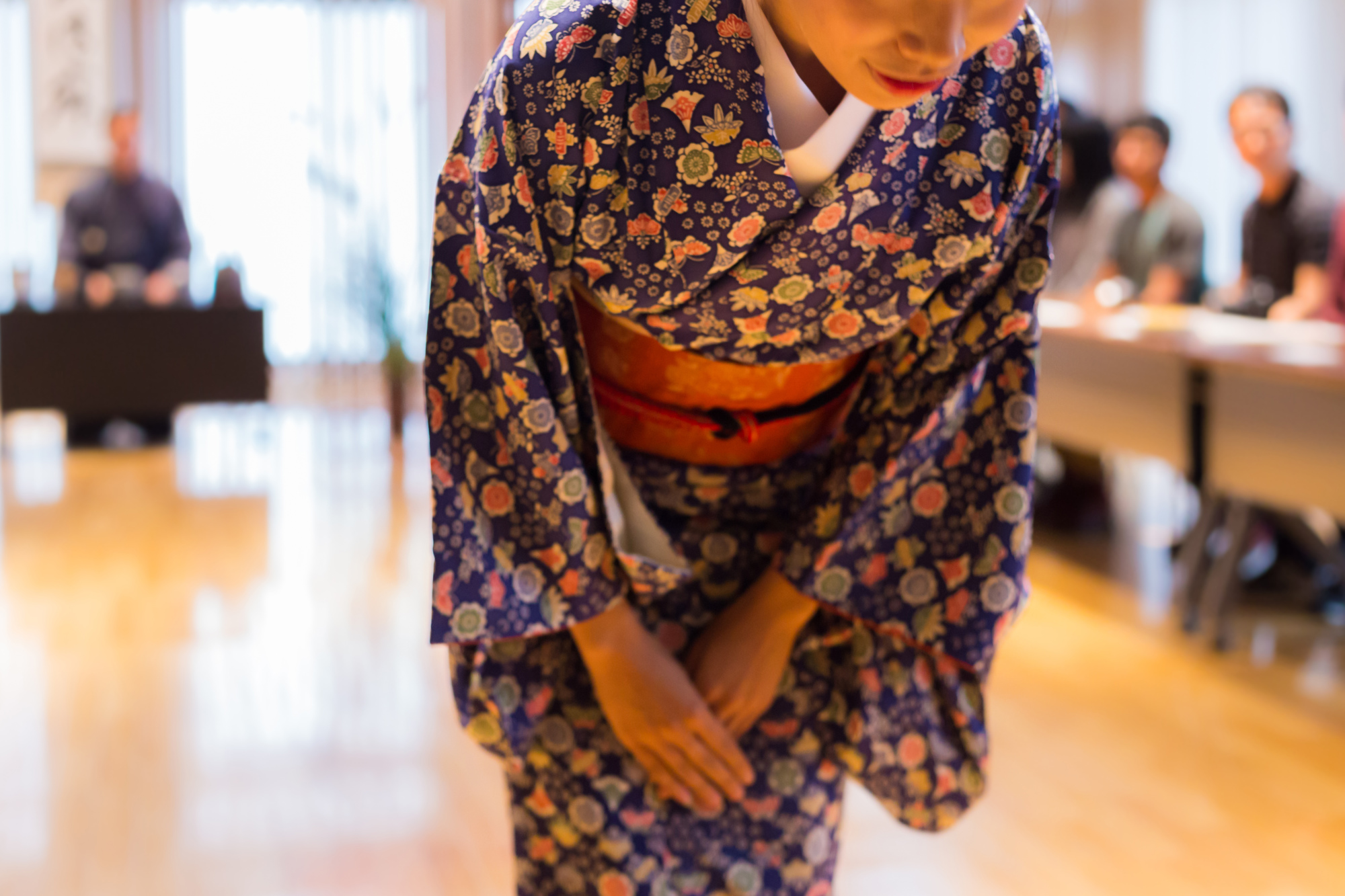In February, American comedian Atsugiri Jason remarked on a Fuji TV talk show that one of the "demerits" of being a foreign TV personality in Japan is that he can't publicly say he thinks those aspects of Japanese culture which Japanese people believe are "uniquely amazing" are not, in fact, uniquely amazing. The example he gave was Japan being the only country with four distinct seasons. If he pointed out on a TV show that in the U.S. there are also four distinct seasons, he's sure the comment would be edited out of the program.
Japanese "uniqueness" is often the stuff of jokes among non-Japanese, but it has been commodified by the media. Now, the government is boarding the Nippon Sugoi! ("Japan is amazing!") bandwagon, which was launched by TV shows that solicit non-Japanese to point out all the wonderful things about Japan. The Ministry of Economy, Trade and Industry (METI) has published a pamphlet titled, "Wonder Nippon: Sekai ga Odoroku Nippon!" ("The Japan That Surprises the World").
Printed in bilingual format, the pamphlet asserts that with the approach of the 2020 Tokyo Olympics the world has become interested in what makes Japan special, in particular the "sensitivities" and "values" that form the "foundation" of the "Japanese spirit." So far, so good, but eventually the authors get specific, and matters become increasingly weird. The four seasons cliche is dragged out, and there is a series of gorgeous photographs of natural phenomena, like ice floes and coral reefs, that allegedly can only be appreciated in Japan. A different section claims that Japanese people have a peculiar affinity for "insect sounds," as if they are able to understand what bugs are trying to say.



















With your current subscription plan you can comment on stories. However, before writing your first comment, please create a display name in the Profile section of your subscriber account page.